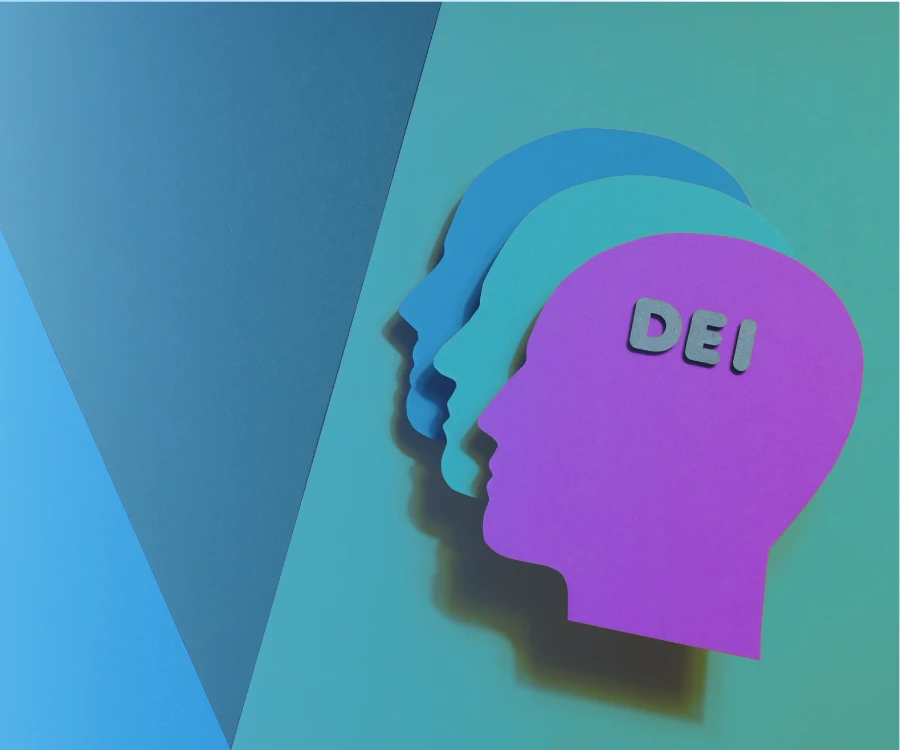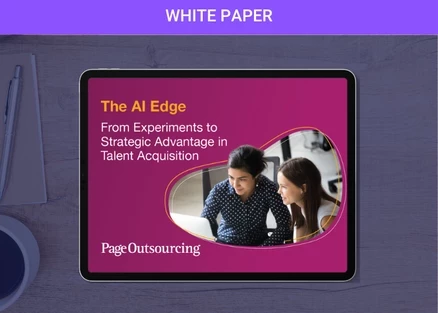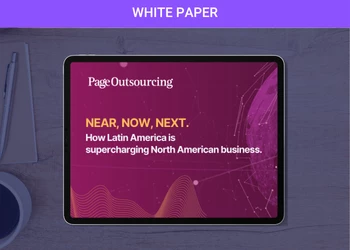How HR Can Make or Break your Digital Journey
Add bookmark
Introduction
To stay relevant in today’s fast-paced and ever-changing world, organizations are looking for ways to decrease their time to market and become more customer-centric. This requires new ways of working like agile and new 21st century skills. It offers great opportunities for Human Resources (HR) departments to play a strategic role.
The Agile movement began in 2001 and, so far, has been largely IT driven. When you look at the various Agile frameworks, it is evident that the greatest contributor (or barrier) to Agile transformation is educating and enabling the leaders and employees within these organizations. This requires a shift to a Lean-Agile Mindset and culture throughout the organization.
Human Resources departments can play a key role in enabling and supporting employees to embrace agility.
Developing 21st century skills
Is your HR department prepared to say goodbye to their outdated HR strategies, tactics, policies and practices? HR now has an opportunity to become truly strategic through investigating, understanding and implementing an Agile HR and Talent framework to develop the 21st century skills.
In the 21st century, key “skills” comprise of abilities, and learning dispositions that have been identified (by whom?) as being required for success in the current society. This is part of a growing international movement focusing on the skills students need to master in preparation for success in a rapidly changing, digital society.
“The more a company invests in its employees (i.e., in their education and training), the more productive and profitable it will be.”
Many of these skills are also associated with deeper learning, which is based on mastering analytic reasoning, complex problem-solving, and teamwork. These skills differ from traditional academic skills in that they are not primarily content knowledge-based.
Read also:
- Hiring People "Not Like You"
- [REPORT] Intelligent Human Resources
- [REPORT] 10 Characteristics of Top Performing HR Shared Service Organizations
- Six Principles for Successful HR Transformation
Capitalizing Human Capital
Human capital is an intangible asset or quality not listed on a company's balance sheet. It can be classified as the economic value of a worker's experience and skills. This includes assets like education, training, intelligence, skills, and health. The concept of human capital recognizes that not all labor is equal. Employers, however, can improve the quality of that capital by investing in employees—the education, experience, and abilities of employees all have economic value for employers and for the economy as a whole.
“The education, experience, and abilities of employees all have economic value for employers and for the economy as a whole.”
Human capital is important because it is perceived to increase productivity and thus profitability. So, the more a company invests in its employees (i.e., in their education and training), the more productive and profitable it will be. Again, nothing new but with the rapid availability of new technology a learning culture is critical.
Learning culture
A learning culture is a collection of organizational conventions, values, practices and processes. These conventions encourage employees and organizations to develop knowledge and competence. An organization with a learning culture encourages continuous learning and believes that systems influence each other. Since constant learning elevates an individual as a worker and as a person, it opens opportunities for the establishment to transform continuously for the better.
Summary
Since the business environment changes, many companies feel pressure to learn faster than the competitor or risk losing the business altogether. This is apparent in digital technology where companies keep churning out new models of products at a fast pace to outperform competitors who are doing the same.
Developing a learning culture is no longer just another fanciful idea. It is becoming more imperative for companies to cultivate learning if they wish to stay in business.
The question that every organization faces as it considers a learning culture is its readiness to embrace such a radical concept. Is your company ready to give up confrontational attitudes for an open culture of trust and inquiry? Are you ready to unlearn competition among groups and individuals, and replace it with cooperation, openness and dialogue? If so, your organization may be on its way to developing a learning culture. This will enable you not just to survive in a hostile business environment but to grow organically and thrive.
Next time… we will zoom in on how the procurement department need to evolve to operate in a digital ecosystem.

































